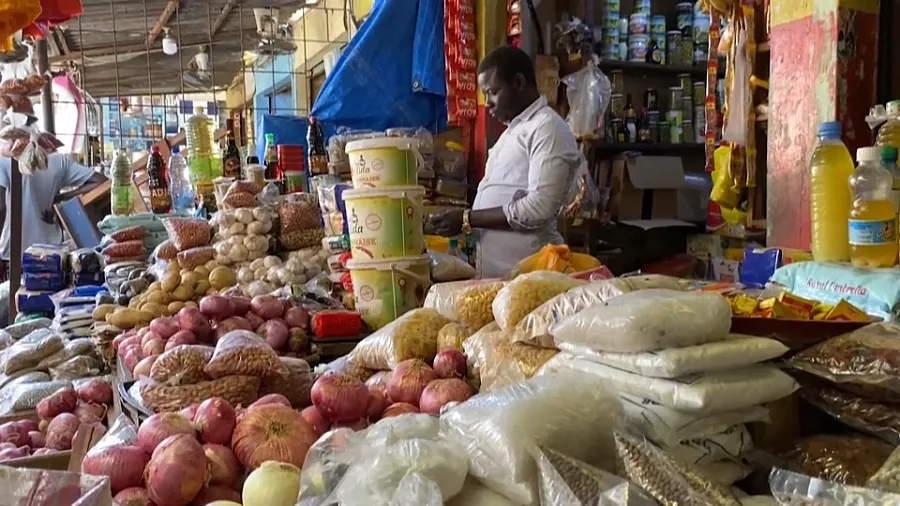
Despite forecasts predicting a decline in inflation to 4.3% this year, down from a peak of 5.8% in 2024, the cost of living in Senegal remains a pressing concern for households.
First-quarter data paints a picture of persistent inflationary pressures, prompting the government to roll out a series of fiscal measures aimed at stabilising the economy.
According to the National Agency for Statistics and Demography (ANSD), inflation rose by 4.5% year-on-year, largely driven by a surge in food prices (+6.2%) and fuel costs.
This contrasts with the West African regional assessment by the BCEAO, which places inflation at a more moderate 2.3%, reflecting relative relief in some WAEMU economies.
This divergence underscores a dual reality: international market tensions are slowly easing, but Senegal’s heavy reliance on imports continues to leave it vulnerable.
Food and energy, which account for nearly 70% of the country’s import volume, remain the principal contributors to the inflation affecting consumers. Staples such as rice, bread, cooking oil, and gas have borne the brunt, straining household budgets.
The root causes are no mystery—rising global shipping costs, geopolitical instability, and fluctuating import prices have all played a role. But while these disruptions may originate abroad, their impacts are acutely local.
In response, the Senegalese government has adopted a supplementary budget that channels 500.9 billion CFA francs toward settling outstanding debts to businesses.
This infusion of liquidity is designed to support domestic supply chains, ease logistical blockages, and curb scarcity-induced price hikes.
The government is also cutting or redeploying non-essential spending, aiming to strike a balance between fiscal responsibility and economic stimulation.
Key focus areas for investment include agriculture, digital infrastructure, and logistics—sectors viewed as vital for strengthening local production and reducing reliance on imports.
Authorities plan to raise up to 1,190 billion CFA francs through internal financing and public-private partnerships.
Yet the challenge is clear: support growth and protect consumers without exacerbating debt or fuelling further inflation.
For now, most Senegalese continue to experience inflation not as a statistic, but as a daily hardship at markets and petrol stations.
Whether the government’s strategy can deliver relief will become clearer by year’s end, when inflation figures will offer the clearest measure of economic resilience—or fragility.



